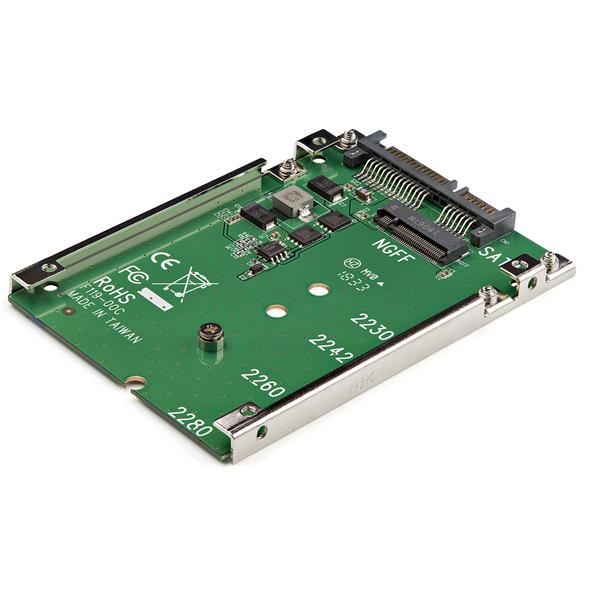Hello, I'm trying to move away from using Hard Drives as my boot media, and I feel like my Hard Drive is finally dying, a WD Raptor from 2009-2011 or something. I have an extra m.2 drive laying around but I'm not sure if I can use it or not. I don't have any kind of m.2 slot since this motherboard is LGA 1366 (Why am I using this still xD). I was considering something like a Sata III to M.2 solution, but wanted to come here first to ask if you guys have any recommendations on what I should do, or if there are any cheap and good M.2 to Sata III adapter boards.
My motherboard is an Intel DX58SO CPU I7-920
My SSD is a WD Blue M.2 2280. It's a sata drive I'm pretty sure.
My motherboard is an Intel DX58SO CPU I7-920
My SSD is a WD Blue M.2 2280. It's a sata drive I'm pretty sure.



